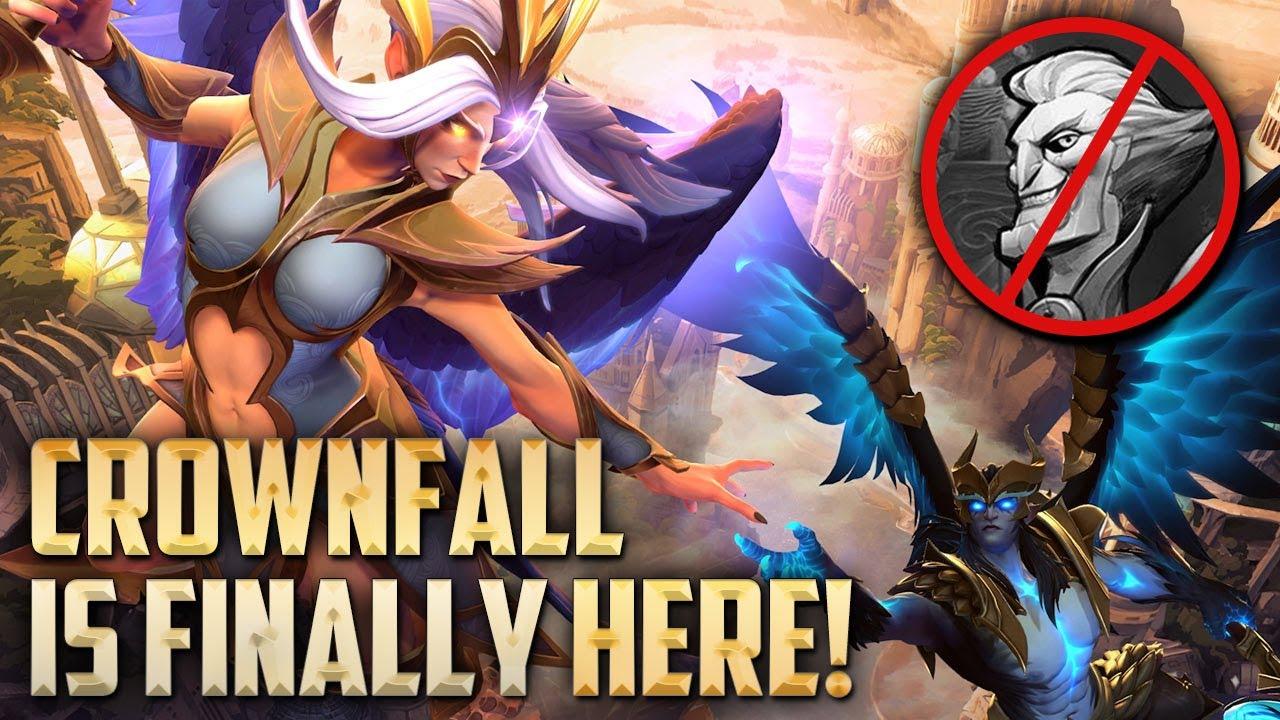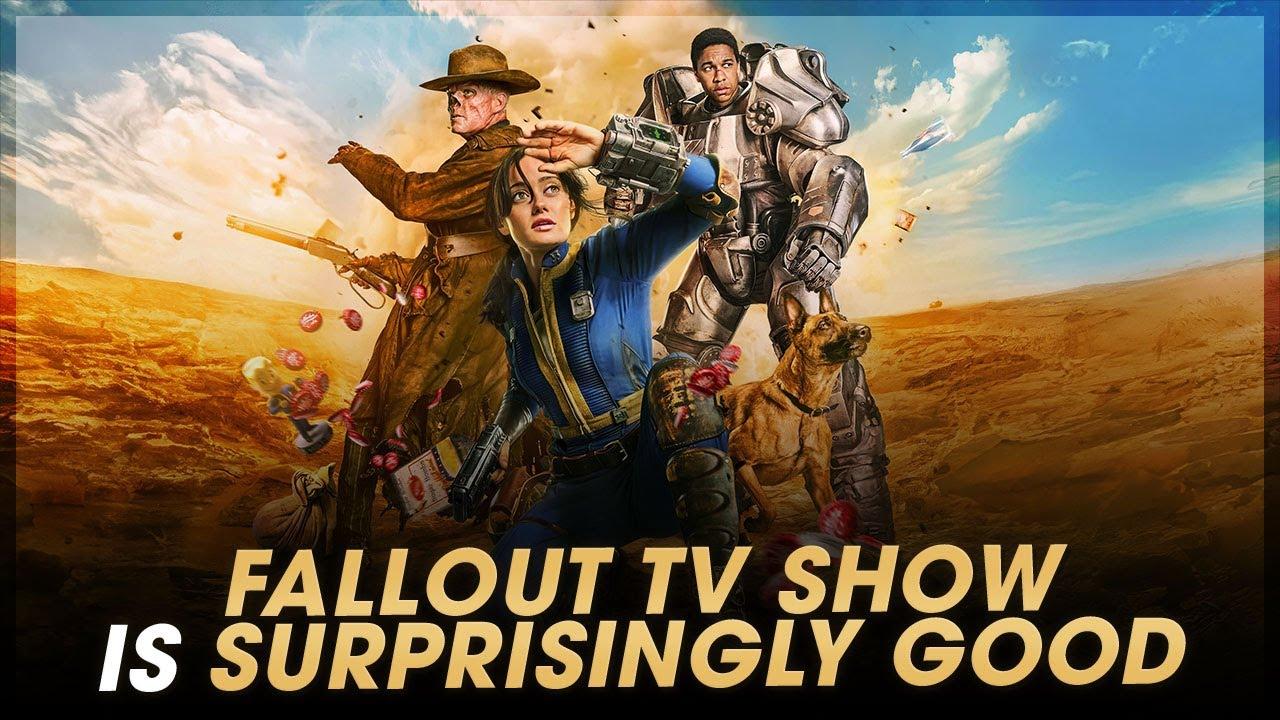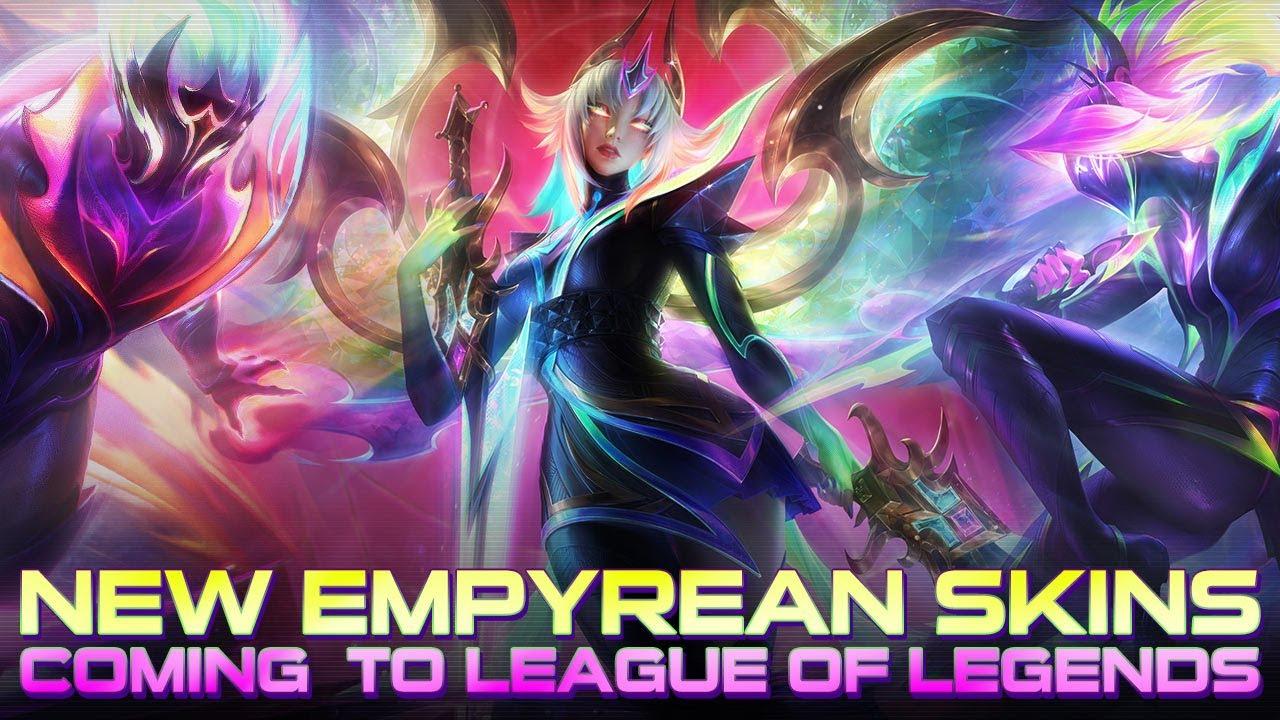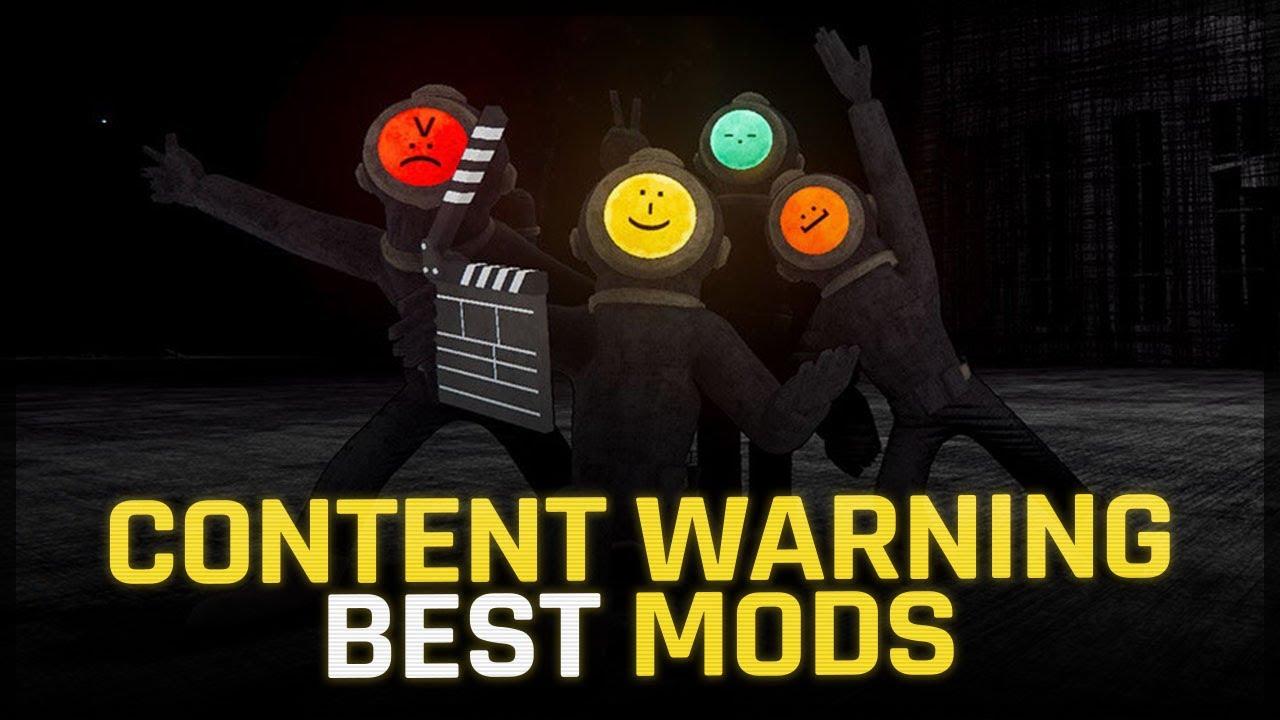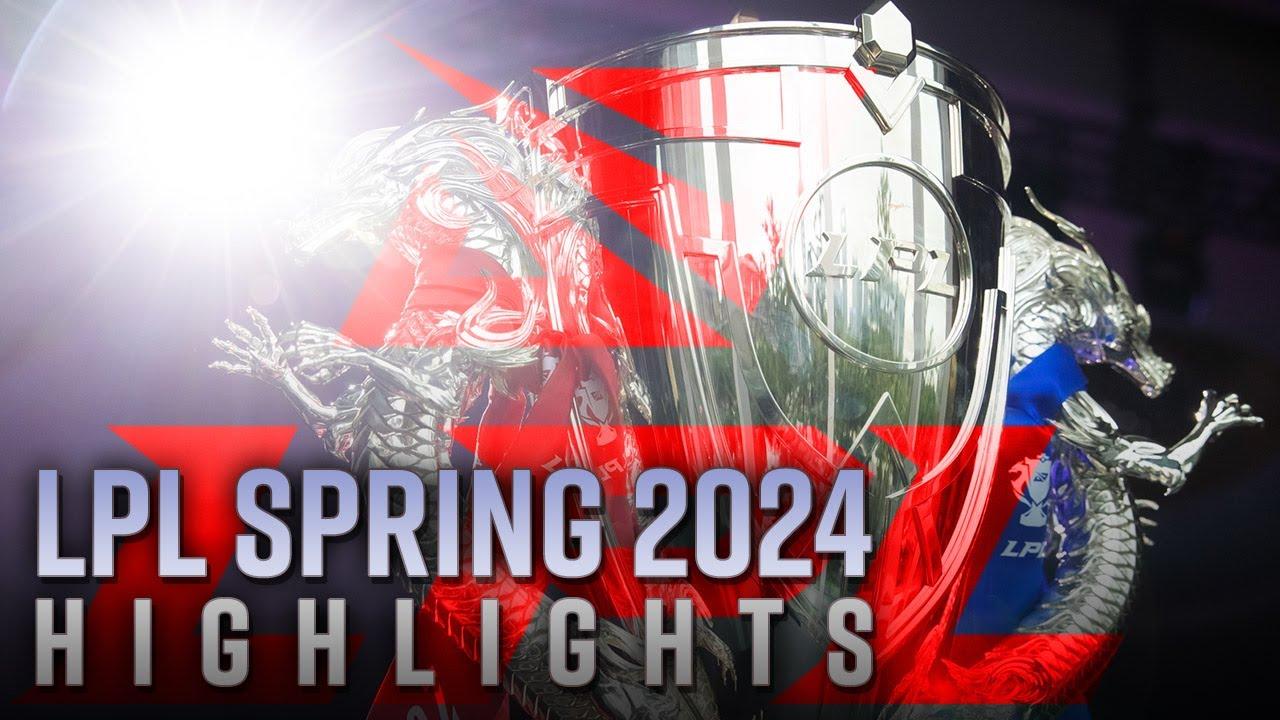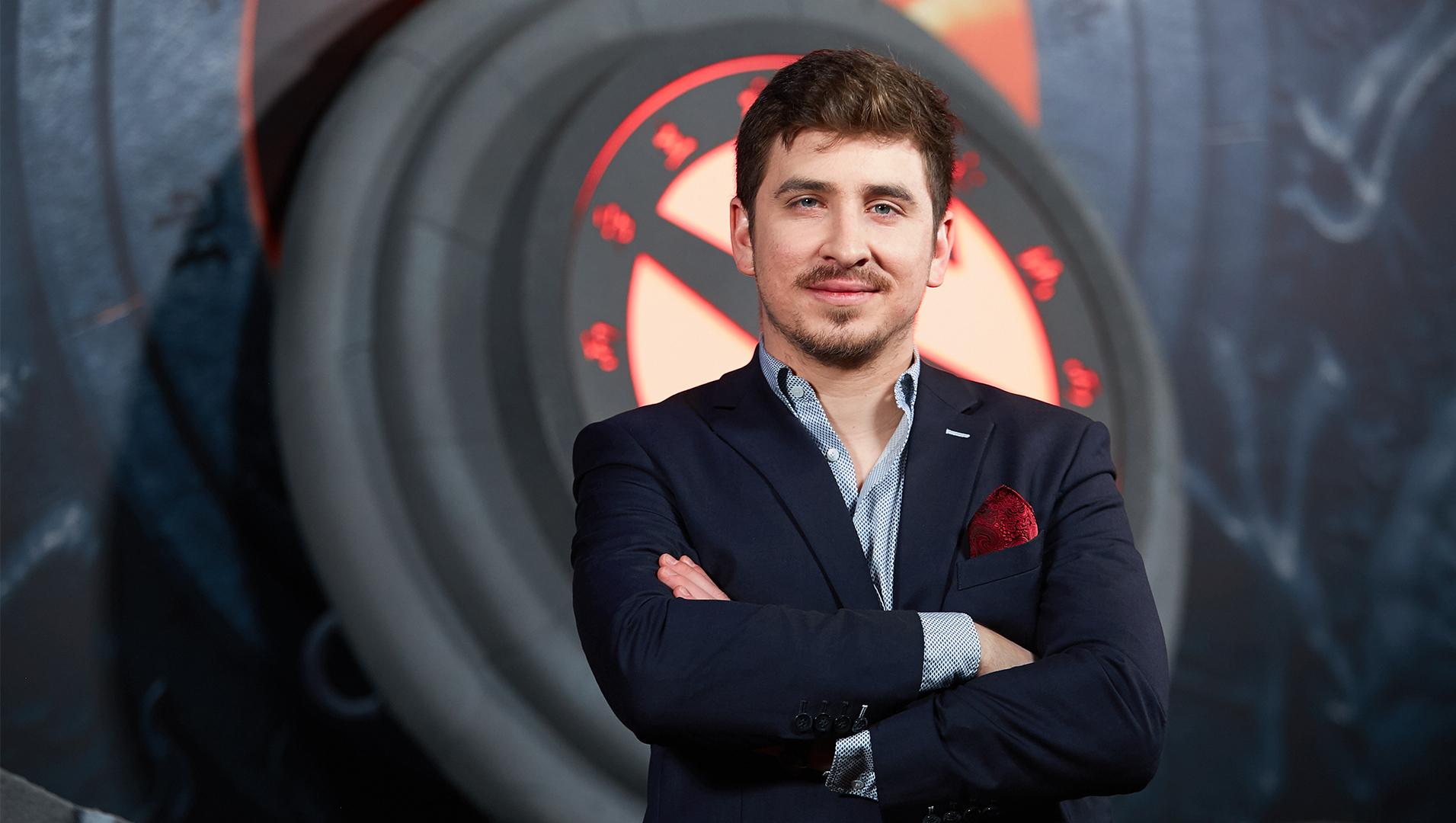
Kyle vs. AdmiralBulldog: A fight over Dota 2 streaming rights
When a Dota 2 tournament is happening, it isn’t just the actual tournament organizers that are airing the event. A slew of streamers, pro players, and other personalities also air the same games, at the same time. While this might sound ludicrous to traditional sports fans, and even some esports fans, many within Dota 2 enjoy the competitiveness this breeds between streams and the ample options for viewing that it creates.
This has still been an almost constant source of controversy in and around the game, however.
The latest example of this came with a public back-and-forth between Kyle Freedman and Henrik “AdmiralBulldog” Ahnberg. The two former pro players butted heads over the state of Dota 2’s professional scene. While some of this can be brushed off as social media machismo, it’s worth taking a deeper look at what they’re fighting over, why they’re fighting, and who’s really right.
Who is ColdFox and why are Kyle and Bulldog fighting over him?
ColdFox is a Brazilian YouTuber that focuses on creating a variety of Dota 2 content. He’s a relatively small name in the scene, boasting just 35,000 subscribers, but he became a huge name after announcing his channel had been disabled at the request of WePlay! due to a broadcast of the WePlay! Pushka League. Dota 2 fans rallied behind him en masse, vilifying WePlay! for taking action against him.
This story is likely familiar to Dota 2 fans. Numerous tournament organizers have taken heat in the past for taking similar actions against content creators, with the most notable example being Brian “BSJ” Canavan being banned from Twitch in 2018 at the request of ESL.
When these conflicts arise, the most vocal groups involved have historically been fans of the punished content creators. They flood message boards and social media to defend their preferred streamers and YouTubers, which traditionally leads to a PR disaster for the tournament organizer.
Kyle broke from tradition by actually coming to the defense of WePlay! during the Pushka League’s broadcast. AdmiralBulldog was quick to respond on Twitter, bristling at what Kyle argued.
What did AdmiralBulldog and Kyle say?
Kyle initially spoke out in a pregame segment during the WePlay! Pushka League broadcast, an event that he was working as an analyst. He stated that WePlay! and other tournament organizers could add between 30 and 40% to their total revenue with the ability to negotiate broadcast rights with various distributors.
AdmiralBulldog was quick to respond. Despite Bulldog’s complaints over Trent “TrentPax” MacKenzie calling him “lowest common denominator” when discussing the TI3 winner’s history of racist language, he immediately got personal when responding to Kyle’s statement. In a since-deleted tweet, he said Kyle’s take was the “dumbest, most misinformed comment [he’d] ever heard.”
Kyle then released a lengthy post on Medium giving his full thoughts on the matter. He touched on a variety of topics, with the crux of the post being that content creators like ColdFox and AdmiralBulldog were hurting the entire scene by undermining tournament organizers’ ability to sell exclusive broadcast rights to a number of different suitors.

“Broadcast exclusivity is not about views. It’s to ensure that a TO can properly monetize their content. The idea is that if you have the sole rights to your content, you can sell them,” Kyle said.
AdmiralBulldog later stated on Twitter he would release a blog post of his own, but he is yet to do so at the time of this writing.
What was the response to Kyle’s post on Dota 2 broadcast rights?
Dota 2 fans were generally receptive to Kyle’s post. Though discussion of these topics has largely been dominated by performative outrage on social media, Kyle’s post wasn’t met with the same unanimous disapproval that tournament organizers often have been. Though some still pushed back, Kyle’s post seemed to mark a turning point on the discourse on this subject.
Actual pros and experts in the scenes were divided, with a somewhat predictable faultline. Those who would benefit from increased tournament organizer control agreed with Kyle, while those that would be adversely impacted disagreed.
12 Dota Summits. Countless online tournaments. Millions of dollars in prize money. Over many, many years.
Other orgs such as ESL/DH/SL/WePlay/Epicenter/etc have all done the same.
Things aren’t perfect and can still be improved, but Valve have also got a lot pretty damn right.
— David Parker | Godz (@BTSGoDz) May 13, 2020
Pro players were largely mum on the matter, but outspoken The International 2015 winner Peter “ppd” Dager voiced his support for Kyle. A slew of other prominent analysts and casters either shared Kyle’s post, or shared their own thoughts and experiences on the matter:
Though the most visible person to gripe over Kyle’s take was AdmiralBulldog, David “GodZ” Parker from Beyond the Summit politely suggested that the current system is fine. Grant “GranDGranT” Harris, who frequently streams North American pro games on his own private channel, seemed to lament the consequences for independent streamers that would likely follow true broadcast exclusivity.
Is Kyle right about Dota 2 exclusivity?
“Contrary to popular belief, most DotA 2 events do not make money. Since the beginning of the Dota Pro Circuit in 2018, no DotA 2 Major has made a profit.”
Kyle said that in his post and, if true, that should be deeply worrying to any fan of professional Dota 2. Whether it’s true or not is impossible to confirm, but there is plenty of evidence to suggest that he’s correct.
I just like Casting and talking about Dota, Hope I get to do it for a long time!
— Grant Harris (@GranDGranT) May 13, 2020
Though Dota 2 once had a crowded competitive calendar, things were growing progressively more anemic with time. While a number of online leagues have recently been created, Dota 2’s entire pro scene has been functionally condensed to just a handful of tournament organizers. This suggests there are dots to connect when it comes to Dota Pro Circuit events being announced just six weeks in advance and fledgling tournament organizers being awarded the opportunity to run Dota 2 majors.
On top of that are the blockbuster advancements made in other esports titles that haven’t been seen in Dota 2. While Overwatch League has an eight-figure broadcast deal with YouTube and League of Legends’ 2020 LCS Spring Playoffs were broadcasted on ESPN, Dota 2 is arguably fading from relevance even within the confines of esports.
Dota 2’s ills are not exclusively a result of tournament organizers being unable to sell broadcast rights. There are many other issues that have seen Dota 2’s prominence sink, ranging from the disproportionate importance of The International to the increasing lengths of games.
There’s still no question that the limited agency given to tournament organizers in the space is a detriment to the scene as a whole.
At this moment, there are a slew of streaming platforms that are hungry for esports content. Tournament organizers such as WePlay! could make significant amounts of cash by essentially forcing Twitch into an auction with YouTube, Facebook, and Mixer for the broadcast rights to the event.
Though the tournament organizers would see the greatest benefit from this, pro players and casters would likely also benefit from this to some degree.
Will Valve take action based on Kyle’s post?
Almost certainly not.
Sadly most people will “wait to see what valve says”
Great points Kyle and a great informative writeup.
Do the right thing, Team Dota! https://t.co/5MFJx5mxUp— Peter Dager (@Peterpandam) May 13, 2020
Valve has shown over the years that it will consistently take the path of least resistance when it comes to esports with both Counter-Strike: Global Offensive and Dota 2. Cultivating and building up esports scenes isn’t a strength of the company, and fixing that would require a degree of effort that the publisher can’t be bothered with.
The ideal scene for Valve doesn’t necessarily involve content creators making money, so long as the content is being made by somebody. A weaker tournament scene with more content is likely preferable for Valve when compared to a stronger tournament scene with less content being made.
Short of the Dota 2 professional scene completely collapsing, Valve could be content in letting it limp along for the foreseeable future.
Recommended
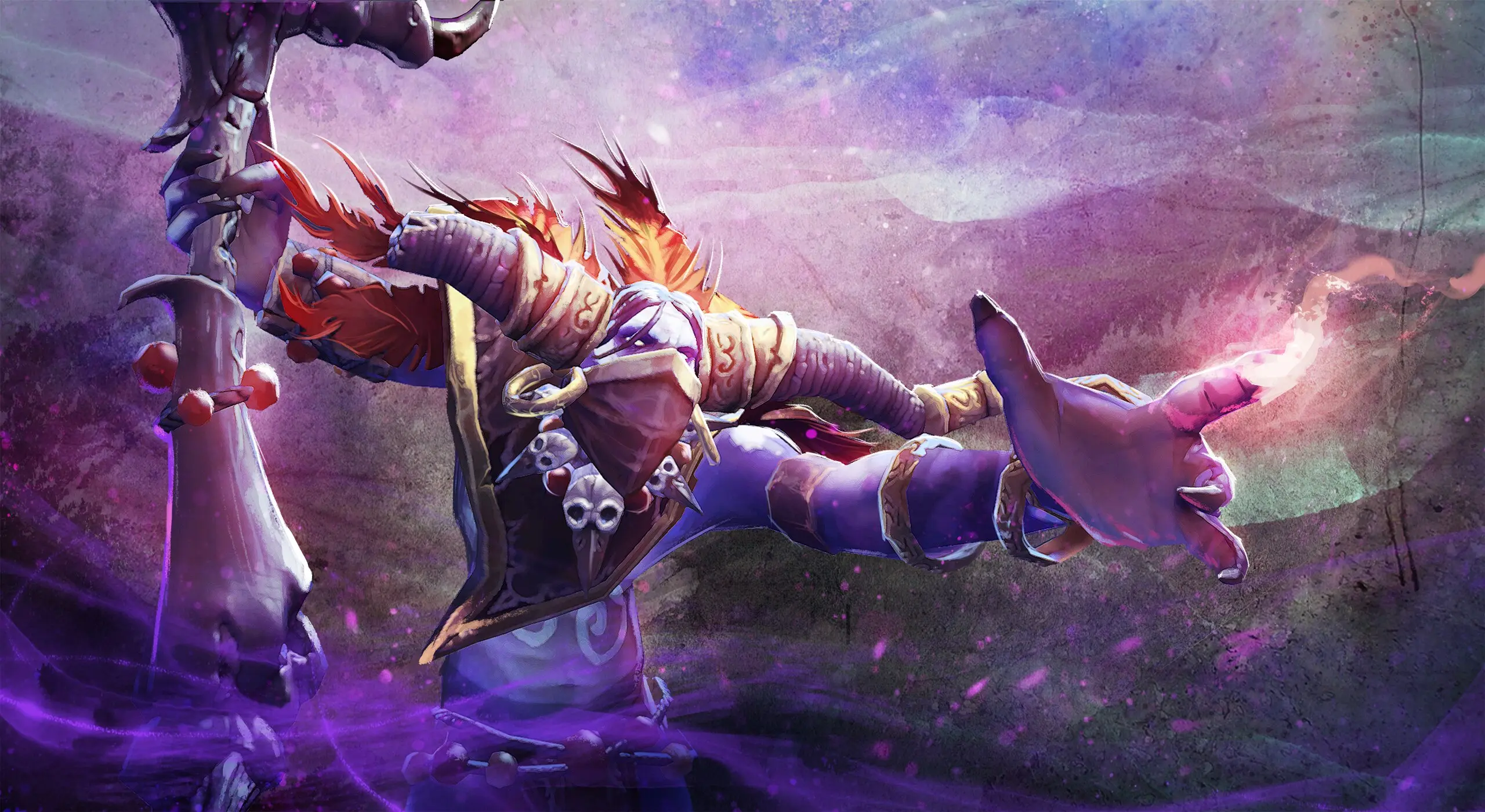
How to play Witch Doctor, the best hero in Dota 2 7.34
The Doctor is in.
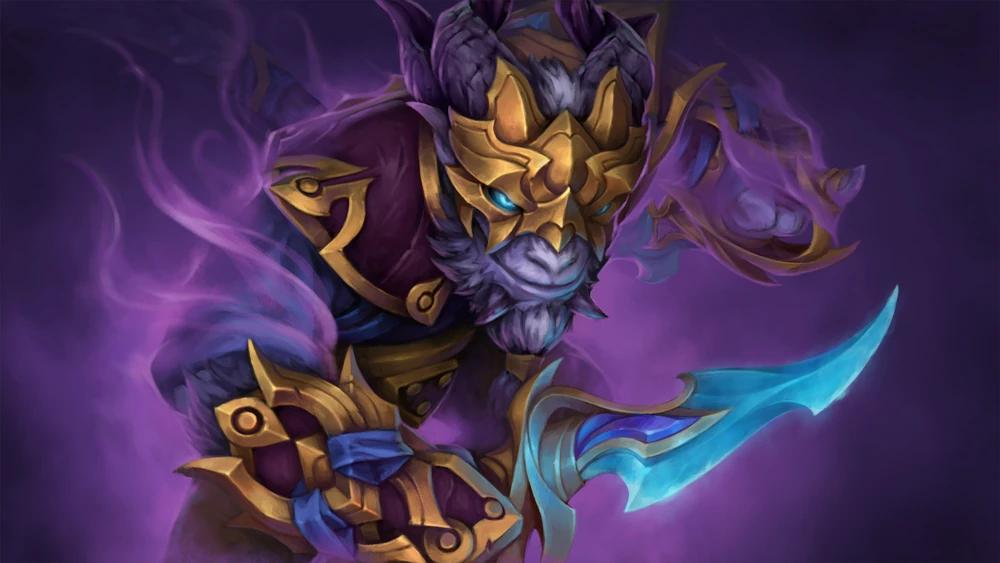
The new best heroes of Dota 2 7.34
Start queueing up sentries and Spirit Vessels.
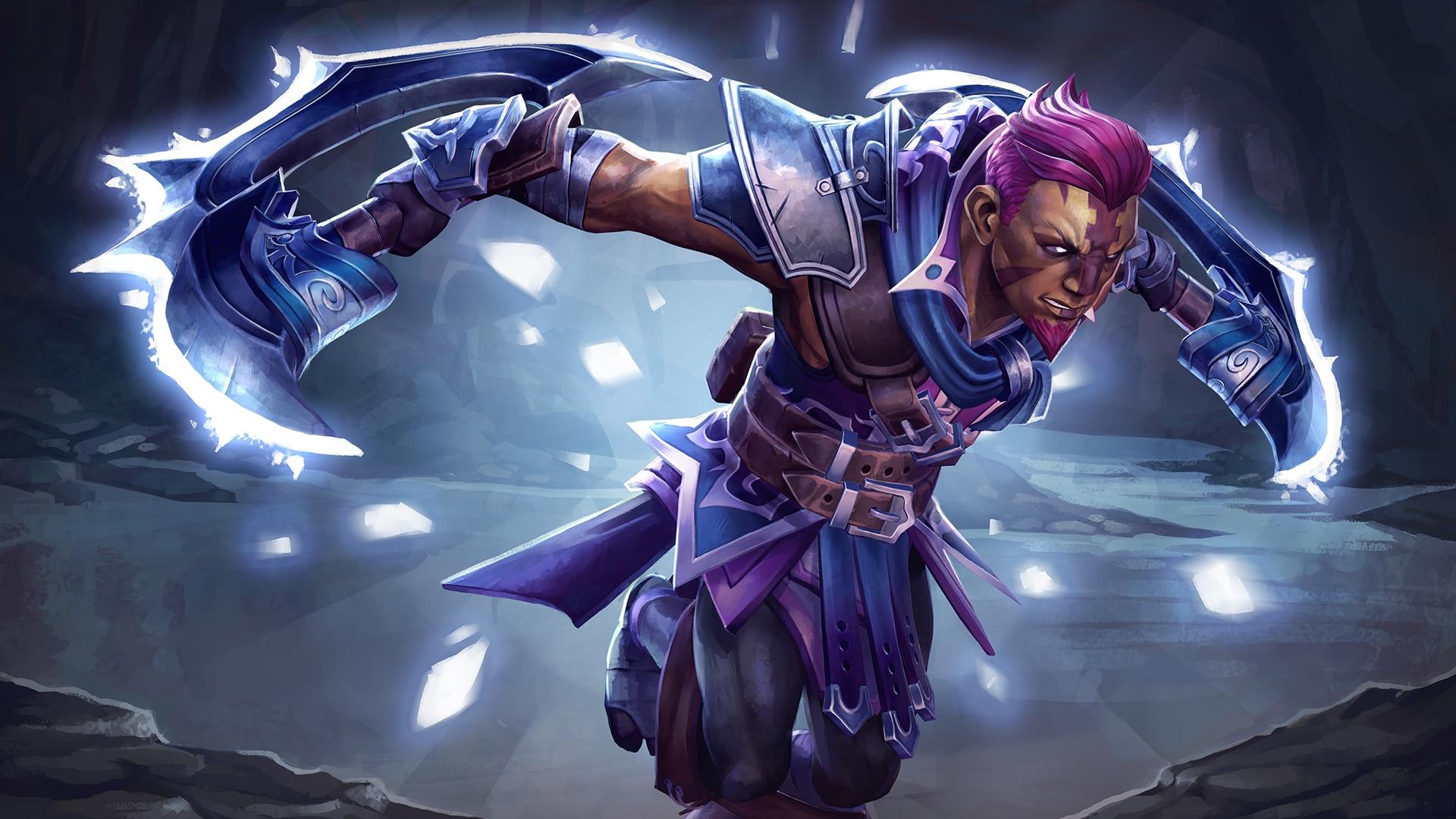
Dota 2 finally has a punishment for breaking items
If you want to BM, it’ll cost you.

